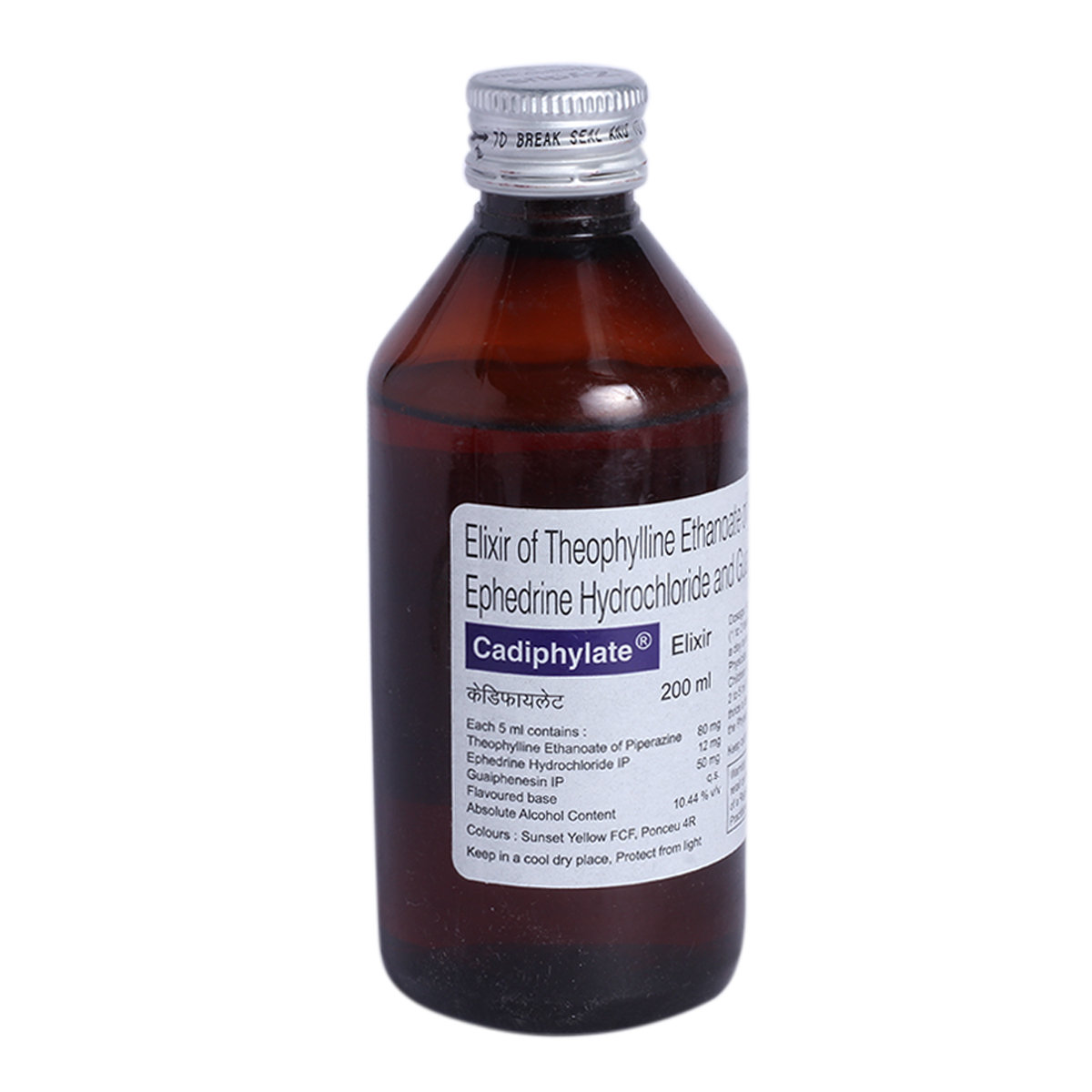Ephedrine
About Ephedrine
Ephedrine belongs to a class of medications called 'antihypotensives', used to relieve low blood pressure during spinal or epidural anaesthesia. Hypotension is a condition in which the blood flows through the blood vessels at lower than normal pressures.
Ephedrine contains 'Ephedrine', which works by raising blood pressure by temporarily reducing the blood supply to small blood vessels.
In some cases, you may experience confusion, nervousness, irritability, headache, nausea and vomiting. Most of these side effects of Ephedrine do not require medical attention and gradually resolve over time. However, if the side effects persist, please consult your doctor.
If you are allergic to Ephedrine or any other medicines, please tell your doctor. Please consult a doctor if you are pregnant or breastfeeding. Keep the doctor informed about your health condition and medications to rule out any side effects/interactions.
Uses of Ephedrine
Medicinal Benefits
Ephedrine belongs to a class of medications called 'antihypotensives', used to relieve low blood pressure during spinal or epidural anaesthesia. Ephedrine contains 'Ephedrine', which works by raising blood pressure by temporarily reducing the blood supply to small blood vessels.
Directions for Use
- Follow your doctor's instructions on the dosage and timing of this medication.
- Ephedrine will be administered by the doctor or nurse in a healthcare setting.
- Do not self-administer.
Storage
Side Effects of Ephedrine
- Confusion
- Nervousness
- Irritability
- Headache
- Nausea
- Vomiting
Drug Warnings
Inform the doctor if you have glaucoma, diabetes, high blood pressure, strokes, thyroid, or severe asthma. Ephedrine is not recommended for patients suffering from low blood pressure caused by hypovolaemia (low blood volume). Consult the doctor if you are pregnant or breastfeeding. Ephedrine is not recommended for children below 12 years. Let the doctor know if you are taking any other medications.
Drug Interactions
Drug-Drug Interactions: Inform the doctor if you are taking antidepressants (imipramine, duloxetine, venlafaxine, phenelzine, moclobemide), antibiotic (linezolid), oxytocic medicines (oxytocin) or ergot alkaloids (dihydroergotamine)
Drug-Food Interactions: Ephedrine may interact with caffeine.
Drug-Disease Interactions: If you have irregular heartbeats, hyperthyroidism (overactive thyroid gland), diabetes, angina pectoris (chest pain) or any vascular blockage in limbs or stomach, any heart problems or if you recently had a heart attack, inform your doctor.
Drug-Drug Interactions Checker List:
Safety Advice

Alcohol
cautionThe interaction of Ephedrine with alcohol is unknown. Please consult a doctor before consuming alcohol while using Ephedrine.

Pregnancy
cautionEphedrine is a category C pregnancy drug and is given to pregnant women only if the doctor thinks the benefits outweigh the risks. Please consult a doctor if you are pregnant.

Breast Feeding
cautionEphedrine is given to breastfeeding women only if the doctor thinks benefits are greater than risks. Please consult a doctor if you are breastfeeding.

Driving
cautionDrive only if you are alert after taking Ephedrine. However, Ephedrine is generally given for hospitalised patients.

Liver
cautionEphedrine should be given with caution, especially if you have a history of Liver diseases/conditions. The dose may be adjusted by your doctor as required.

Kidney
cautionEphedrine should be given with caution, especially if you have a history of Kidney diseases/conditions. The dose may be adjusted by your doctor as required.

Children
unsafeEphedrine is not recommended for children as the safety and effectiveness were not established.
Habit Forming
Diet & Lifestyle Advise
Eat small meals more frequently.
Drink plenty of fluids to stay hydrated as dehydration may reduce blood volume resulting in low blood pressure.
Include vitamin B12 rich foods such as animal meats, eggs, fortified cereals, and nutritional yeast.
Eat foods rich in folates such as beans, asparagus, lentils, leafy greens, citrus fruits, liver, and eggs.
Try to eat smoked fish, canned soup, pickled items, cottage cheese, and olives as salty foods can also increase blood pressure.
Take frequent breaks if you exercise outdoors in extreme heat.
Avoid spending a long time in hot tubs, steam rooms, and saunas to prevent dehydration.
Special Advise
Regular monitoring of heart rate and blood pressure are recommended while taking Ephedrine.
Patients Concern
Disease/Condition Glossary
Hypotension: It is a condition in which the blood flows through the blood vessels at lower than normal pressures. Low blood pressure symptoms include dizziness, tiredness, lightheadedness, loss of consciousness, nausea, depression, blurry vision, or clammy (wet or sweaty) skin.
FAQs
Ephedrine is used to relieve low blood pressure during spinal or epidural anaesthesia.
Ephedrine works by raising blood pressure by temporarily reducing the blood supply to small blood vessels.
Ephedrine should be used with caution in patients suffering from heart rhythm disorders as it may increase the risk of severe adverse effects. Therefore, inform your doctor if you have any heart problems before taking Ephedrine so that the dose may be adjusted appropriately or an alternate medicine may be prescribed.
You are recommended not to take Ephedrine if you have diabetes as it may increase blood sugar levels. Therefore, it is advised to inform your doctor if you have diabetes before taking Ephedrine.
Ephedrine may cause a headache as a temporary side effect. However, if the condition persists or worsens, please consult a doctor.






